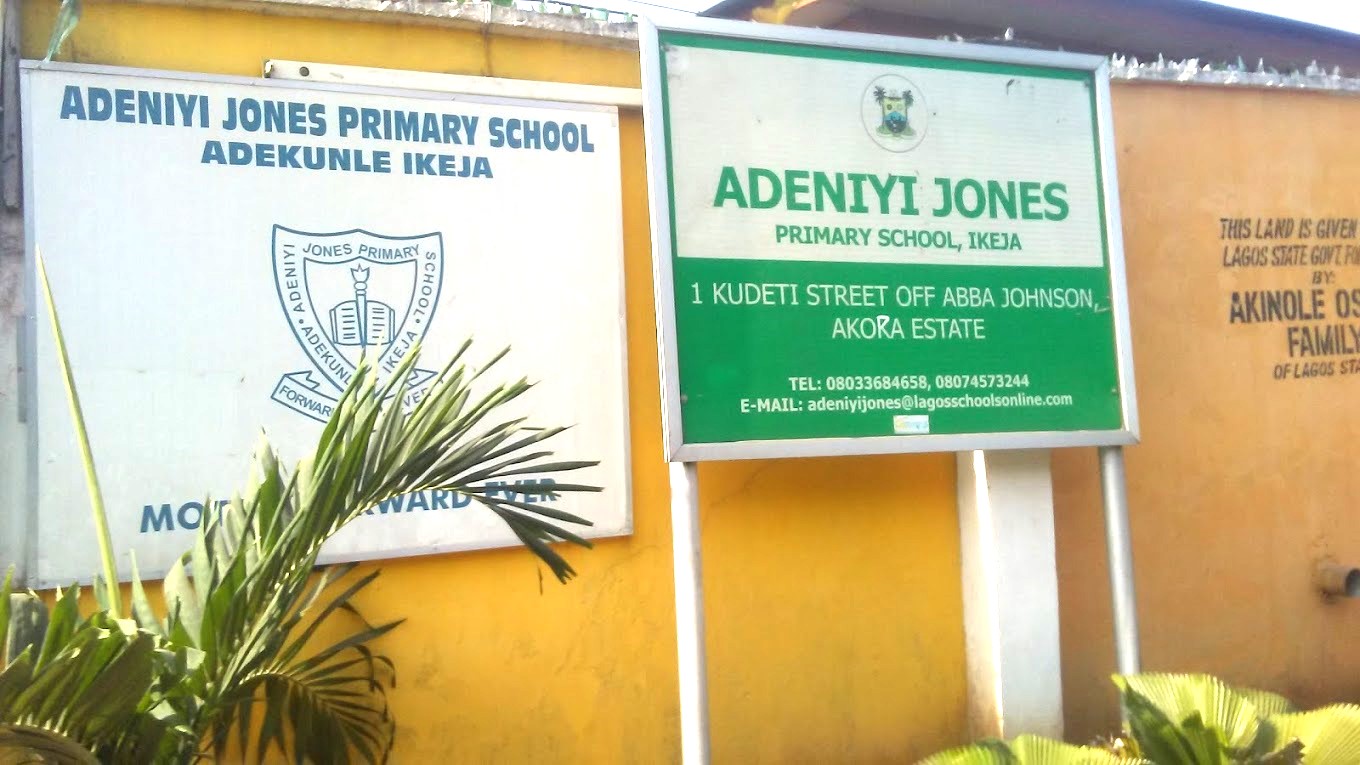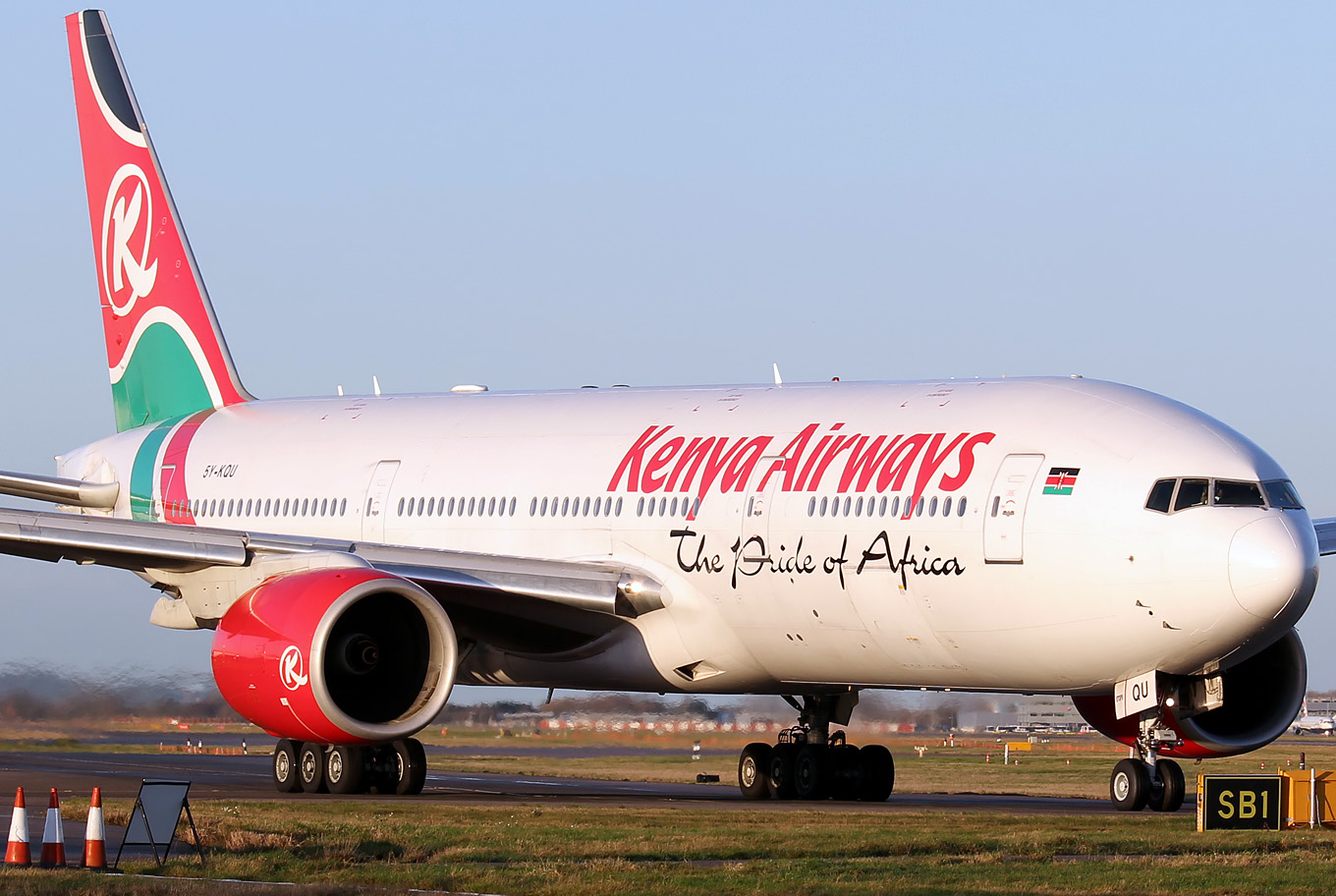Adeniyi Jones Primary School, Ikeja, Lagos state
A 45-year-old public primary school in Lagos state, Nigeria’s economic capital, has been destroyed, and the land is about to be converted into an upscale estate.
The Adeniyi Jones Primary School at Akora Villa Estate in Ikeja was established in 1980 on land donated to the Lagos government by the Akinole Oshiun family to provide quality education to the children of the poor in the area.
The pupils are children of petty traders, security guards, domestic workers, masons, bus drivers, commercial motorcyclists, and other low-income earners. They are children whose parents cannot afford the tuition fees of private schools, and the public school is their only chance at education.
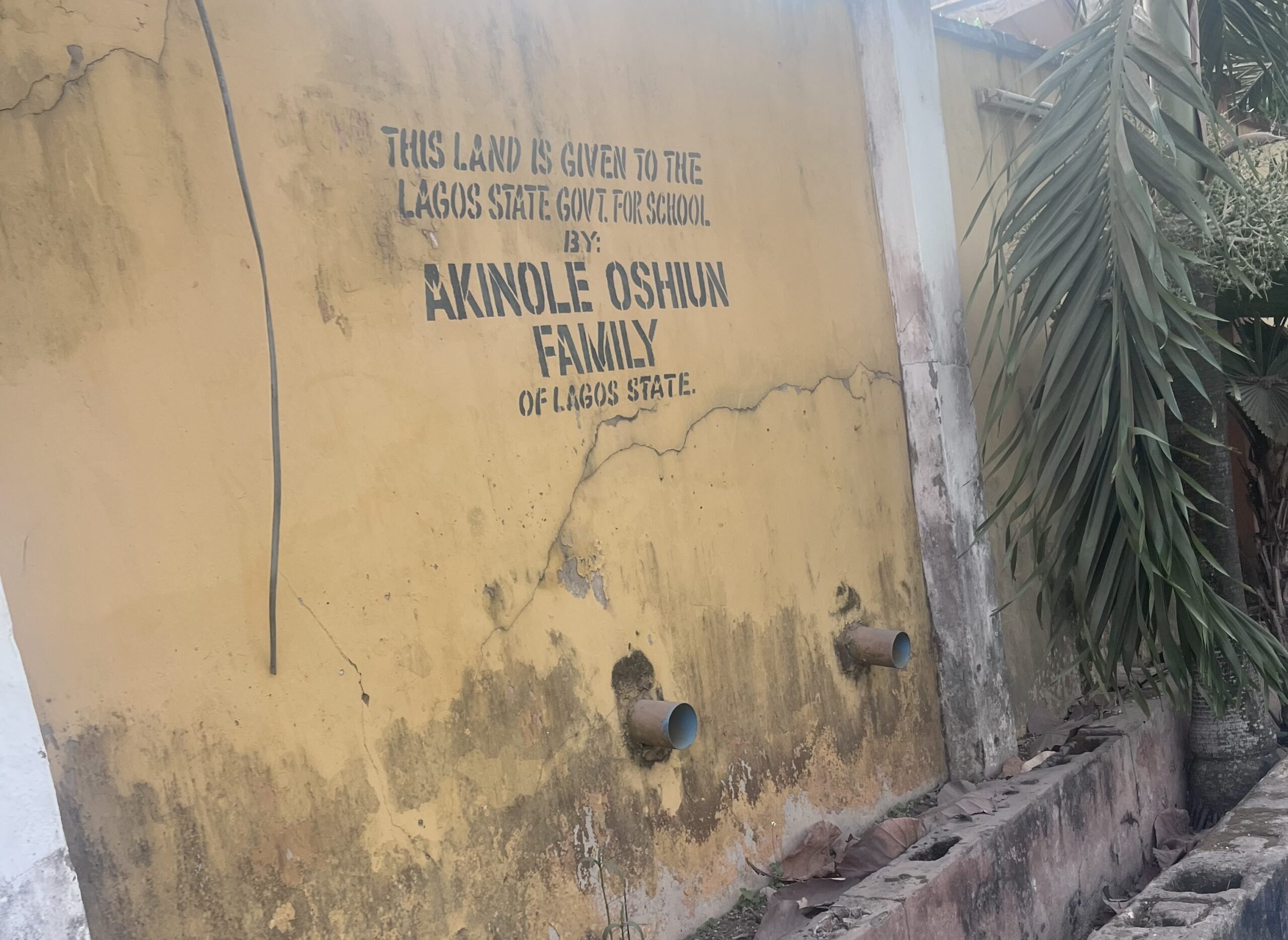
However, a legal tussle between the traditional family who donated the land and another family over the ownership of the land where the school was situated led to its closure in 2024. The latter was said to have received a court judgement that the land was theirs.
Advertisement
TheCable understands that although the ruling was contested in a higher court, the school buildings were destroyed, and the pupils were temporarily displaced.
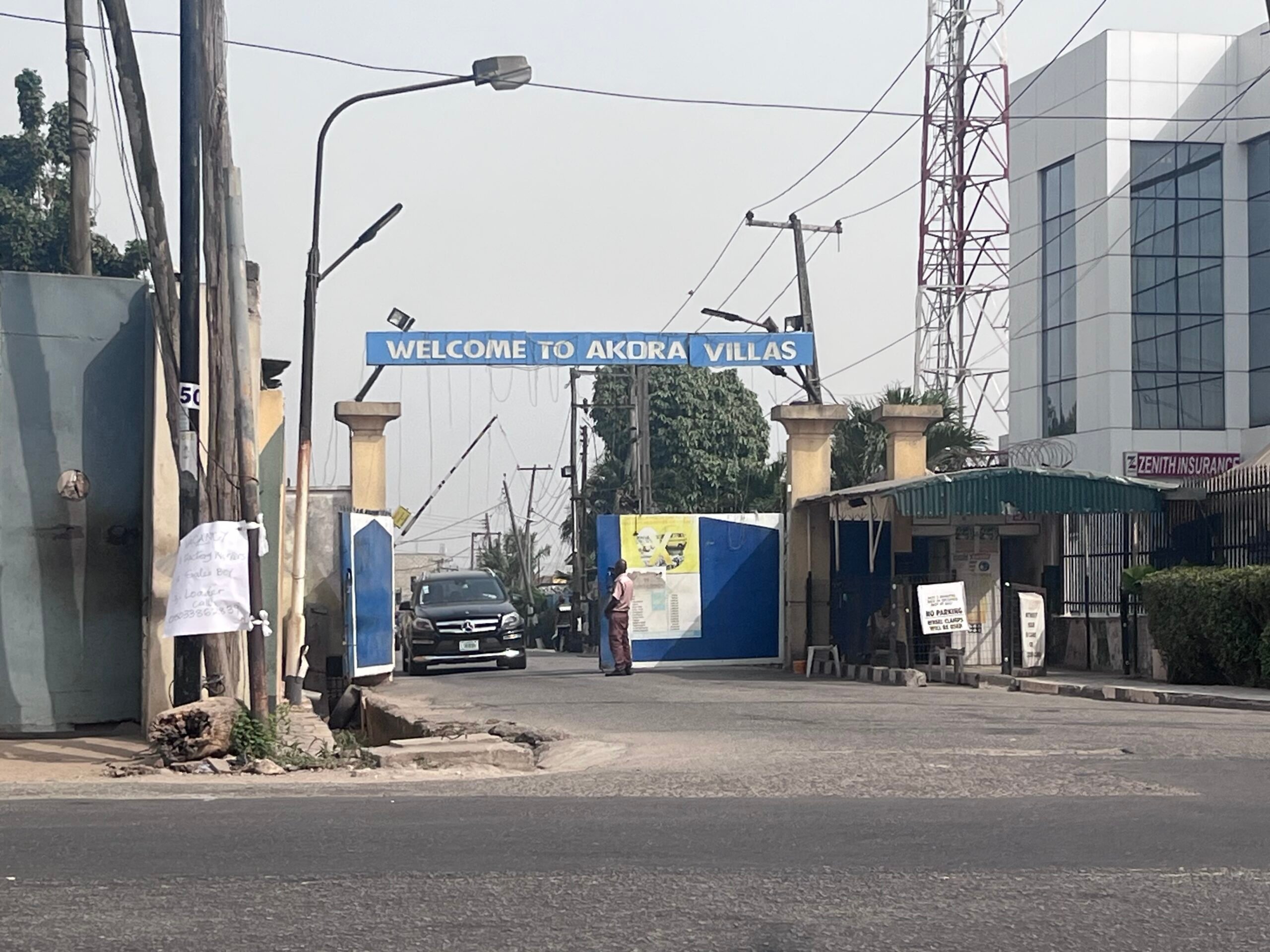
The pupils were later moved to St. Peter’s Anglican Nursery and Primary School, Ikeja, about a 20-minute drive from Adeniyi Jones Primary School. It was a journey so many of the parents were unprepared for because they lived close to the former school. The children only needed to walk to the school, a few minutes from their homes.
At first, the Lagos state government was said to have provided buses to take the pupils from a bus stop near their former school to the new school. But after three weeks, the vehicles stopped coming and the parents were left with no choice but to cough up money to transport the children to the new school
Advertisement
Most of the pupils spend approximately N800 (about half a dollar) daily on transportation from the Adekunle area of Adeniyi Jones, where they live, to their new school. That is aside from the money for lunch. A pupil spends approximately N16,000 ($10) monthly on transportation. Parents with two or three pupils feel the new financial strain more.
On a sunny afternoon, this reporter caught up with the pupils on the road. Eberechi, Marvellous, Adamu, Rasheed, Adama, and their classmates — aged six to 13 years — their bags clutched to their tiny shoulders, gossiping and laughing as they walked home. Some placed their bags on their heads against the scorching sun.
To save costs, sometimes, they board tricycles to the school in the morning and walk home under the sun in the afternoon. The day their parents cannot afford transportation, they stay home.
‘WE BORROW MONEY TO SEND THEM TO SCHOOL’
Advertisement
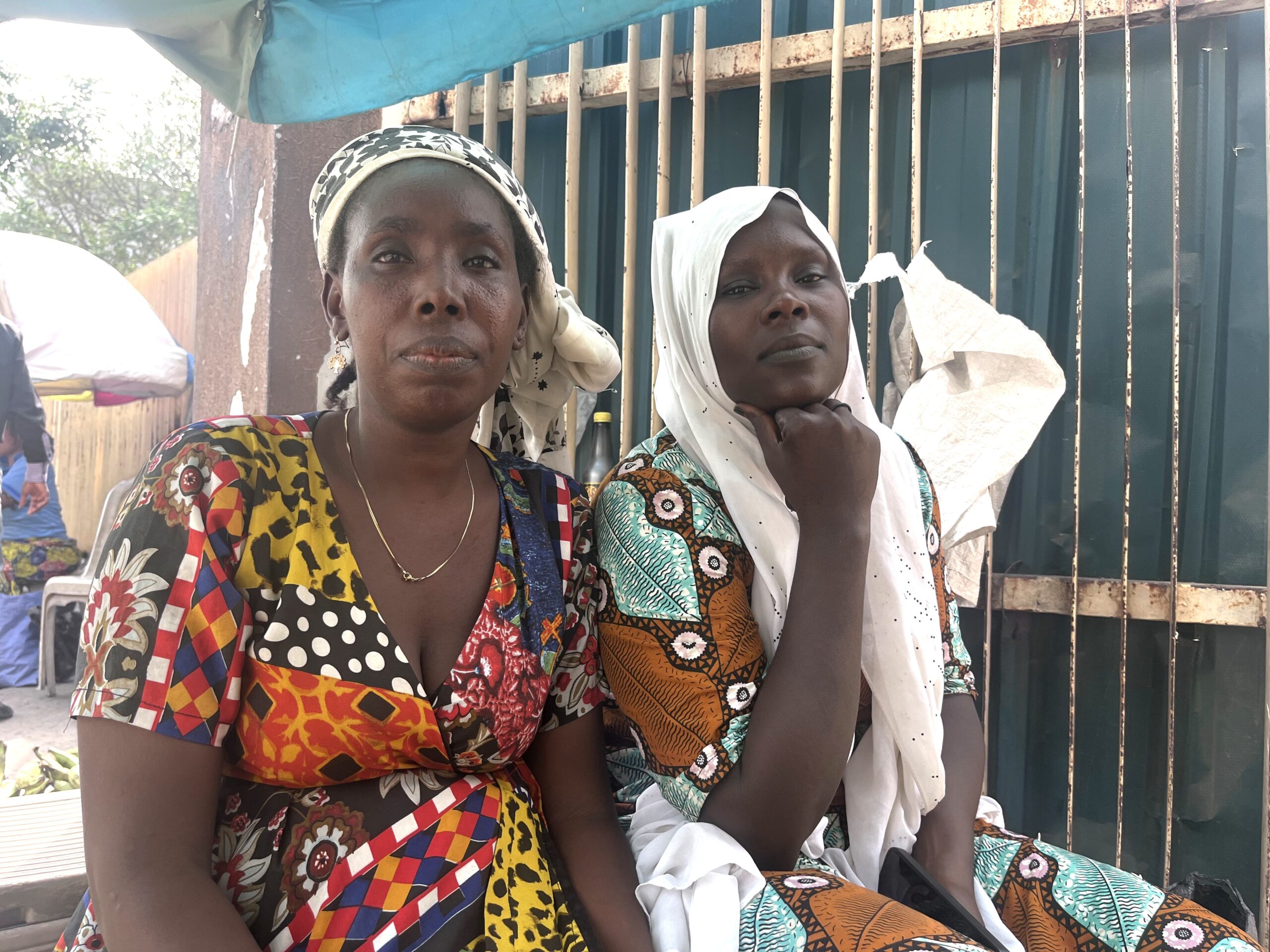
Since 40-year-old Zahra Joro lost her husband five years ago, the burden of catering for her three children fell on her fragile shoulders. From the proceeds of the fizzy drinks and bottled water she sells on the streets, she ensures her children are all going to school. Zahra, who migrated from Borno to Lagos state less than two decades ago, had no formal education. So, the widow is determined to see her children through the four walls of a classroom and become better in life.
Zahra’s first child, Hauwa, attended Adeniyi Jones Primary School and is now in a public secondary school in the Ojodu area of the state. Adama, her 8-year-old second child, was in primary 3 when the primary school was dismantled. Now, Zahra has to squeeze out N800 daily from her meagre daily profit of less than N3,000 ($2) to ensure Adama and her little brother stay in school.
“When they were in their former school, I didn’t have to spend a dime because my house is just five minutes away. I just walk them into the estate and pick them up in the afternoon. No stress. Taking them to the new school they were relocated to is taking a toll on my finances and business,” Zahra told TheCable in front of her makeshift shop.
“The government didn’t inform us that the school would be shut down. When we heard the rumour, I called the headmistress, and she confirmed it. We are poor people, and we cannot fight.
Advertisement
“I didn’t go to school at all, and that’s why I want my children to be in school, and nothing can stop them. I have to look for money to take them to school every day. If you don’t have enough money, that means the children might go to school maybe three times a week because I can’t afford a private school.”
Beside Zahra’s goods was Alimat Tom’s tray of groundnut. She makes less than N2,500 ($1.6) profit daily from the small tray. She has no formal education; hence, she would give up anything to ensure her only child is in school – even when it means borrowing money from her customers.
Advertisement
“Since I got separated from my husband, I fend for my child alone. I don’t know what she wants to become in the future, but she must be educated no matter the challenges on our path,” she said.
Abubakar Goni, one of the parents, is yet to come to terms with reality. While his three children were attending Adeniyi Jones Primary School, things were a bit better since he didn’t have to set aside transportation costs from his N35,000 ($22.4) monthly salary as a security guard. According to him, he was forced to add petty trading to his job as a result of the biting economic situation in the country.
Advertisement
“I’m not happy at all,” he blurted out. “We’re just managing. I take my children to the new school on my small motorcycle, and sometimes I have to give them money for transportation. We never planned for this.”
PARENTS WORRIED ABOUT CHILDREN’S SAFETY ON THE ROAD
Advertisement

Cynthia Onwueme, a 55-year-old food seller, could not hide her feelings. She’s convinced some rich and powerful people no longer want the public school to be in the posh neighbourhood because they do not want to see children of the poor in the vicinity.
Cynthia was born in Lagos and grew up in the area before gated estates with elegant homes started springing up and the wealthy ones separated themselves from lower-class residents. Those days, she could walk from Adekunle village and pass through shortcuts to Allen Avenue. All her children attended Adeniyi Jones Primary School. Now, her wards can no longer attend the school because the land needs to give room for a luxury estate.
“Even my children in the university schooled at Adeniyi Jones Primary School. The school closure was a surprise package to us. We felt bad. We thought maybe the estate residents didn’t want less-privileged children in the area. There are many private schools in the estate, but it was the public one that was destroyed and moved out. We heard they want to build big mansions there. Sadly, we were not consulted,” Cynthia said, her melancholic voice undisguised.
“Going that long distance is risky for those children, being minors. We always feel concerned about their safety. Most of them trek in groups when they are coming back.
“I give my two wards about N2,000 (less than $2) daily. I sometimes find giving them money difficult, but I have no choice. They promised them a bus, but they stopped after about four weeks. They used that to deceive us, and now we are left to bear the cost. We can’t fight the battle because we don’t have money. Our noise cannot be heard. When I don’t have money, I tell them not to go because I don’t want to put their lives at risk.”
According to Benedict Sama, an educational psychologist, the pupils may experience low motivation to learn, which can affect their mental health and academic performance.
He noted that the situation may also lead to the pupils acquiring antisocial behaviours.
“Tiredness arising from walking a long distance to school significantly impacts learning by impairing concentration, making it harder to focus, retain information, and process new concepts, often leading to decreased motivation, increased frustration, and difficulty with problem-solving due to reduced cognitive function,” Sama told TheCable.
“Essentially, when tired, the brain struggles to encode and store new information effectively. These are children from low economic status. The physical and emotional pains of walking this distance every day will encourage dropping out of school.”
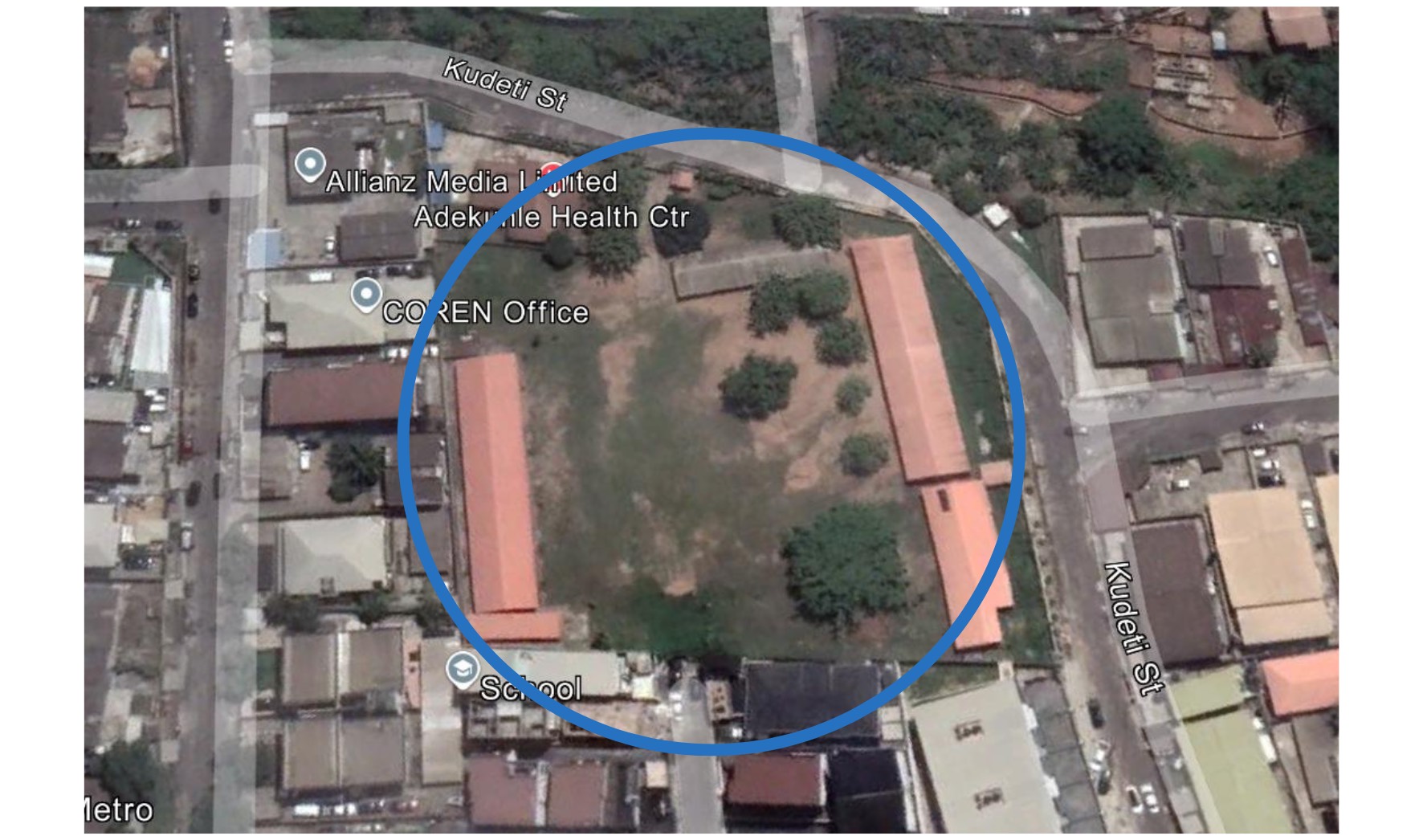

The plight of the Adeniyi Jones Primary School pupils is one of the many challenges indigent children face in accessing quality education in public schools in Lagos state. Overcrowding, deteriorating infrastructure, insufficient learning materials, and scanty schools are some of the challenges facing public education in the state.
In 2022, Folasade Adefisayo, a former commissioner for education in Lagos, said the ratio of public to private schools at primary and secondary school levels in the state is one to 22. This further shows the gradual decline of public education and a bad omen for children of the poor in the state.
Letters delivered to the offices of the executive chairman of the Lagos State Universal Basic Education Board (LASUBEB) and the commissioner for basic and secondary education seeking clarification on the controversy surrounding the destruction of the Adeniyi Jones Primary School have not been responded to. The letter further asked about the government’s role in the matter and what it is doing to ease the plight of the displaced pupils.
Several efforts by TheCable to speak with some representatives of the two traditional families at the centre of the controversy proved abortive as they declined interview requests.
Meanwhile, every afternoon, these pupils pour into the busy roads, into the unwelcoming hands of the afternoon sun, as the government ignores their plights.
Add a comment

